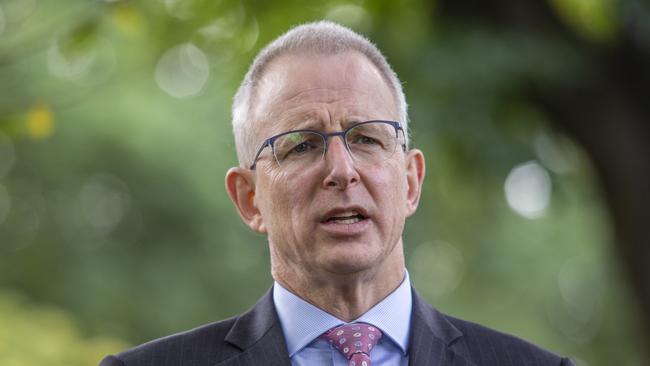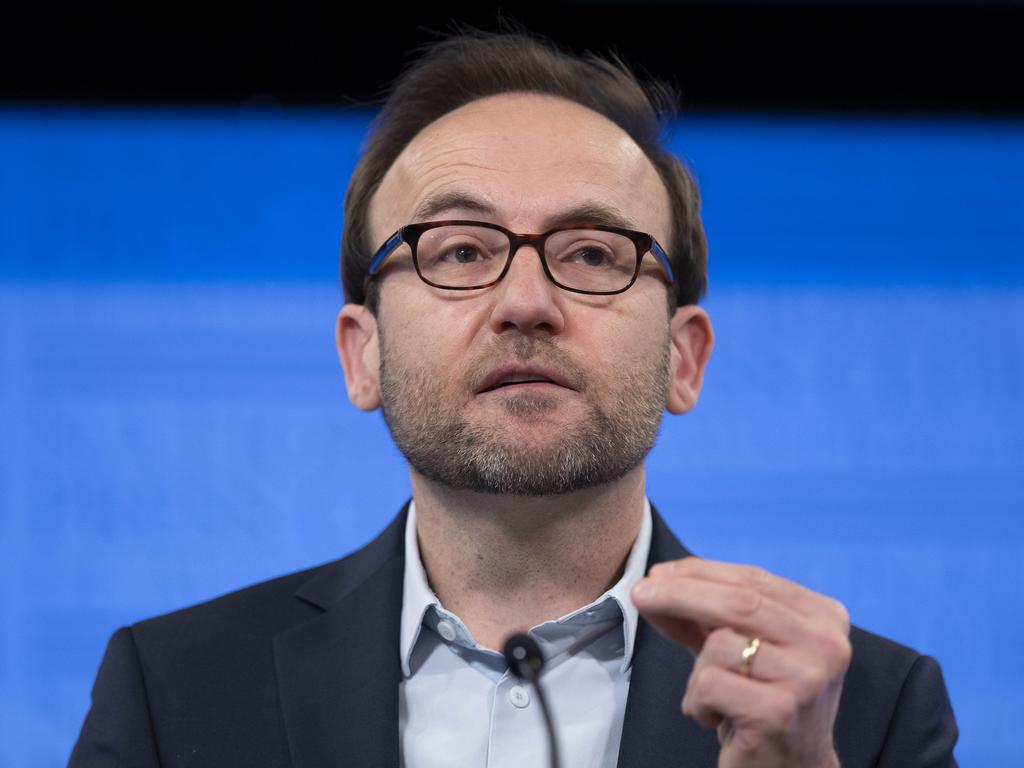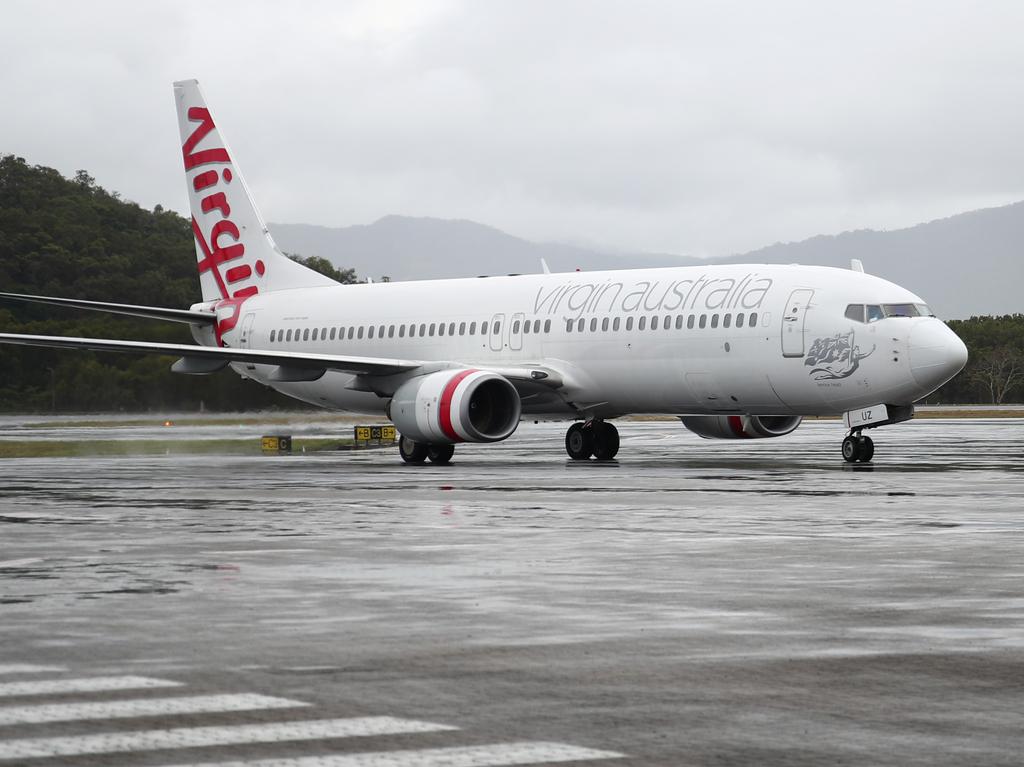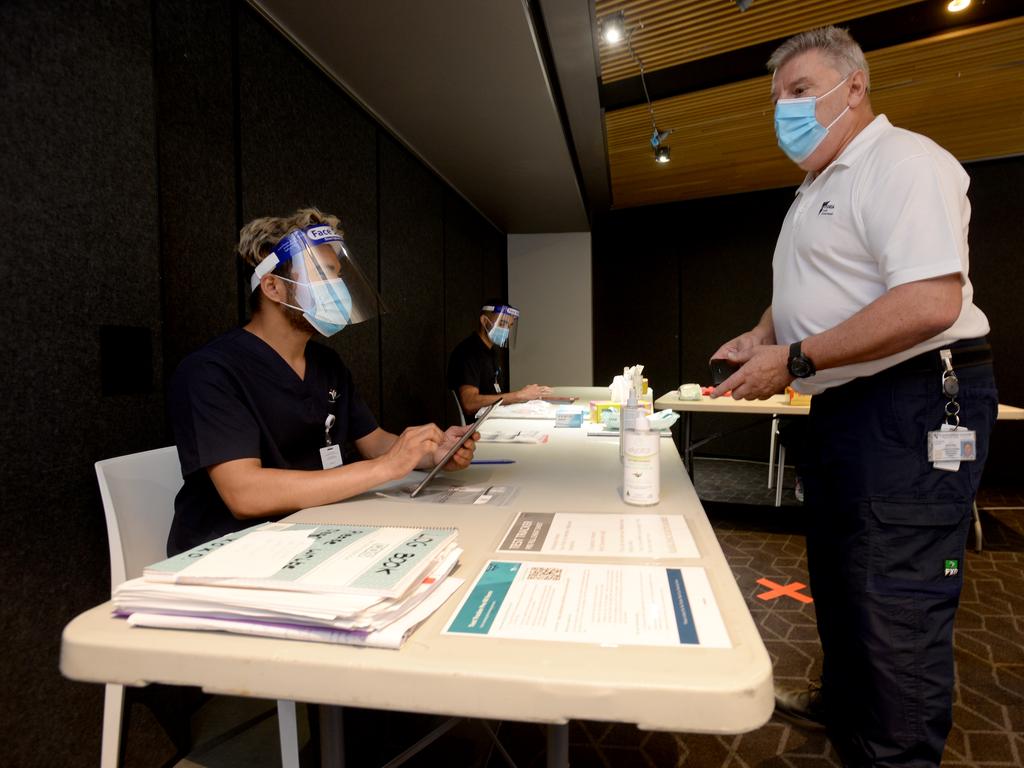Arts Minister Paul Fletcher moves against ‘cosy’ inner-city culture club
Paul Fletcher wants the arts to be for all Australians, not just the well-off in Sydney and Melbourne.

Arts Minister Paul Fletcher says subsidised arts companies in inner-city Sydney and Melbourne are a “cosy club” and funding should be better spread among popular organisations and events serving the suburbs and regional areas.
In a speech spelling out Coalition cultural priorities as the nation emerges from the pandemic, Mr Fletcher also said a vast part of the country was not properly served by the arrangements — in particular Western Australia and Queensland.
Moving to redraw battlelines in the war over funding and arguing that the arts were “for all Australians”, Mr Fletcher said commonwealth support should better reflect the geographic spread of population and interests of everyday people.
“It is not good enough to have a cosy club of arts companies which receive effectively guaranteed funding each year through the Australia Council,” he told members of the Sydney Institute on Wednesday.
“With such large amounts of taxpayers’ money being spent on arts funding, it is a matter of simple fairness to ask where this money goes and who gets the benefit of it.”
Mr Fletcher aimed to seize back the arts narrative from Labor, asserting that Coalition governments put in place enduring cultural institutions, including the National Gallery of Australia and the National Library. He accused opponents of spreading “fear and misinformation” during the pandemic with the claim JobKeeper was not designed to support artists.
“In fact, as at April 2020, around two-thirds of all people employed in the creative and performing arts industry subdivision received JobKeeper,” Mr Fletcher said.
“It frankly mystifies me that people who claim to be advocating for the interests of workers in the arts and entertainment sector should have occupied themselves in spreading fear and misinformation on this issue.”
The government spent an “unprecedented” $2.5bn on arts funding through the pandemic, including JobKeeper, special industry support and “business as usual” arts funding of $750m.
Mr Fletcher outlined the Coalition’s four arts priorities: that the arts are for all Australians; contestable and competitive funding; the arts and the knowledge economy; and Indigenous arts.
In his criticism of the “cosy club”, Mr Fletcher implicitly moved against progressive strongholds in inner-city arts companies, and sought to defuse perceptions the Coalition favoured only heritage culture. He cited a recent study by A New Approach that found “middle Australians” enjoyed cultural activities but felt “the arts” — when associated with wealth or elitism — were not really for them.
Mr Fletcher said the question of fairness in arts funding was not only about geographic distribution but also whether certain activities, such as classical music, should receive comparatively high levels of subsidy.
“This is dangerous territory for an arts Minister to wade into, and I confidently predict the word ‘philistine’ will be used by at least some in responding to me asking this question,” he said. “But I do not think it is something we can ignore.”
Recent grants to cultural attractions including a Lego display, the Woodfordia folk festival and the reopening of Harry Potter and the Cursed Child in Melbourne were examples of how the government was helping make arts “accessible”.
Mr Fletcher said there were powerful reasons for the government to fund the arts, including the inherent value of artistic activity, the contribution of the arts to national identity and the economy







To join the conversation, please log in. Don't have an account? Register
Join the conversation, you are commenting as Logout